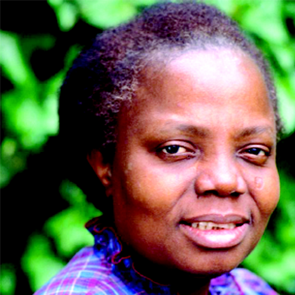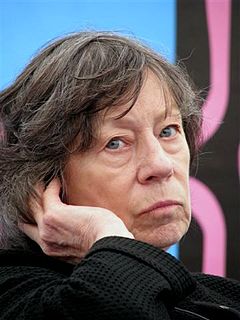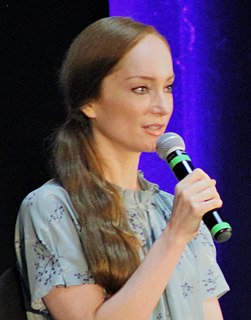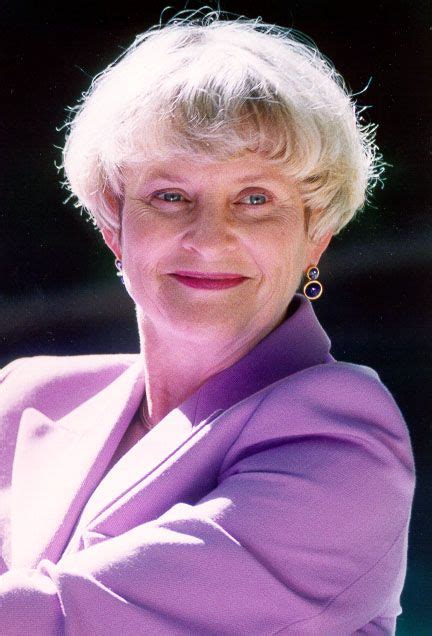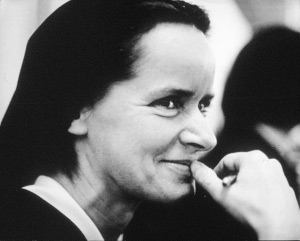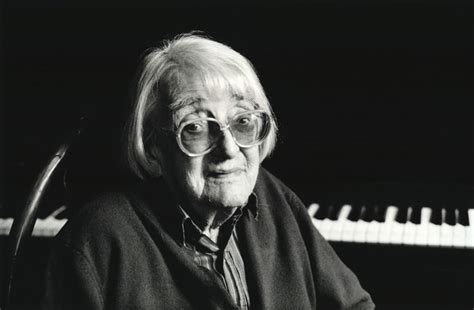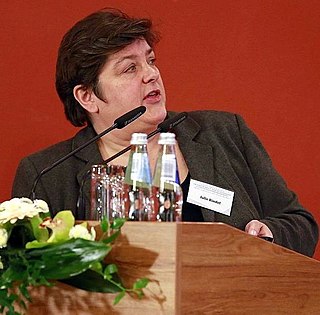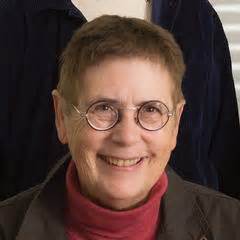A Quote by Buchi Emecheta
I work toward the liberation of women, but I'm not feminist. I'm just a woman.
Related Quotes
One absolutely crucial change is that feminist film theory is today an academic subject to be studied and taught. "Visual Pleasure and Narrative Cinema" was a political intervention, primarily influenced by the Women's Liberation Movement and, in my specific case, a Women's Liberation study group, in which we read Freud and realised the usefulness of psychoanalytic theory for a feminist project.
Here's my feeling: For everyone, men and women, it's important to be a feminist. It's important to have female characters. It's wonderful for women to mentor other women, but it's just as important for women to mentor men and vice-versa. In my line of work, having Greg Daniels be such a great mentor to me is fantastic. Finding a writer's assistant, be it a man or a woman, and encouraging them to think with a feminist perspective, is key.
Naturally my stories are about women - I'm a woman. I don't know what the term is for men who write mostly about men. I'm not always sure what is meant by "feminist." In the beginning I used to say, well, of course I'm a feminist. But if it means that I follow a kind of feminist theory, or know anything about it, then I'm not. I think I'm a feminist as far as thinking that the experience of women is important. That is really the basis of feminism.
When I learnt, however, that in 1911 there had been twenty-one regular feminist periodicals in Britain, that there was a feminist book shop, a woman's press, and a woman's bank run by and for women, I could no longer accept that the reason I knew almost nothing about women of the past was because there were so few of them, and they had done so little.
A lot of women seem to have a similar attitude, - 'I'm not a feminist' - and it gets wearying. What's wrong with being a feminist? I'm proud to be a feminist. It's been one of the most positive things in my life. It's one of the best traditions there is. It's admirable to be a feminist and to stand up for one's sex, to fight against inequality and injustice and to work for a better society.
To say anything about women and men without marking oneself as either feminist or anti-feminist, male-basher or apologist for men seems as impossible for a woman as trying to get dressed in the morning without inviting interpretations of her character. Sitting at the conference table musing on these matters, I felt sad to think that we women didn't have the freedom to be unmarked that the men sitting next to us had. Some days you just want to get dressed and go about your business. But if you're a woman, you can't, because there is no unmarked woman.
It is not enough to call yourself a feminist because you are a strong woman. Thatcher was an enemy to feminism, as is Nadine Dorries. Like other liberation movements, feminism has an ideology and a goal. It is not about personal liberty and freedom, but the emancipation from oppression and tyranny for ALL women, whatever our race or class.
For a lot of women who don't go to college, or for a lot of women who aren't in New York or D.C. or someplace where there's like a large feminist organization they can get involved in, they may be doing feminist work, right, like locally or with a grassroots organization or in their own lives, but if they don't have that support system and if they don't have that availability to feminist language, I think we're missing out on something.
I wish you would stop and seriously consider, as a broad and long-term feminist political strategy, the conversion of women to a woman-identified and woman-directed sexuality and eroticism, as a way of breaking the grip of men on women's minds and women's bodies, of removing women from the chronic attachment to the primary situations of sexual and physical violence that is rained upon women by men, and as a way of promoting women's firm and reliable bonding against oppression. . . .
